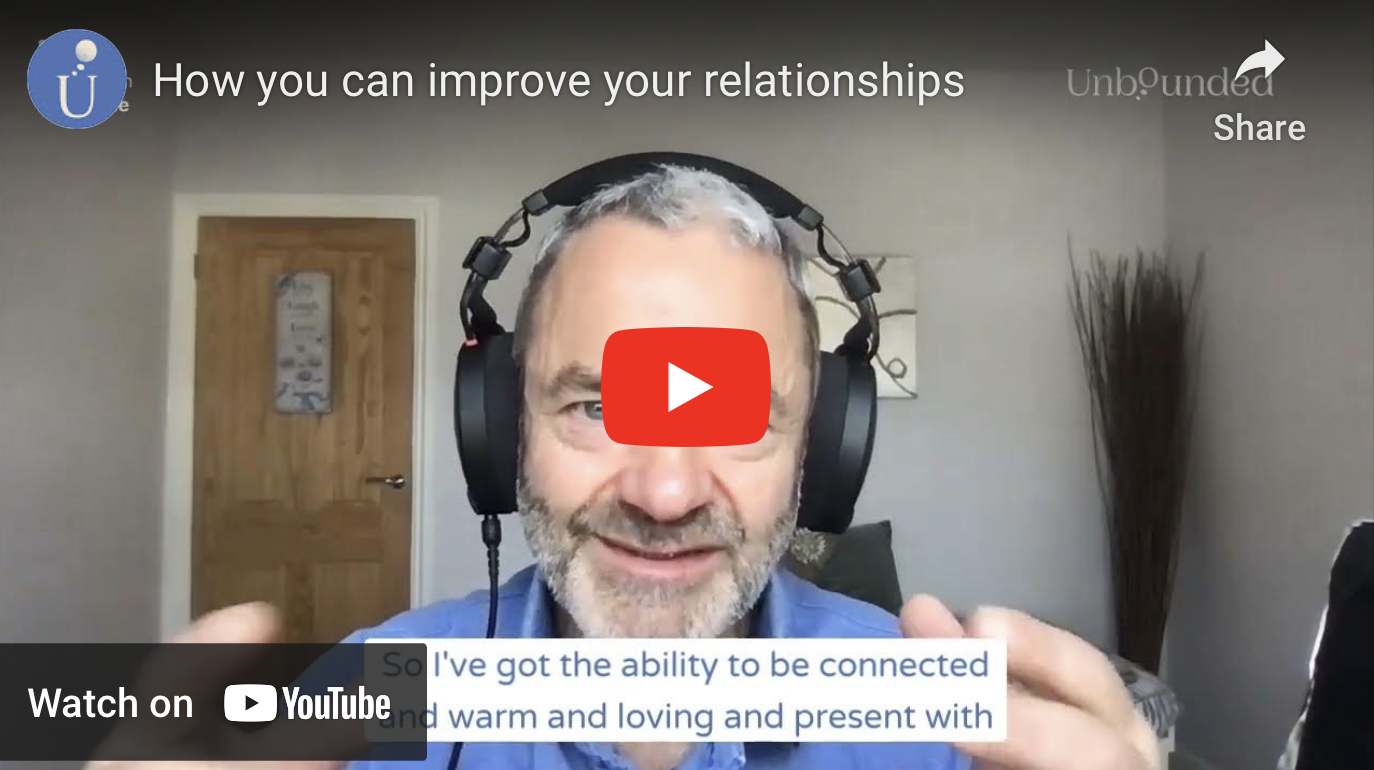Don’t let redundancy hurt you
Companies are constantly changing their strategy and execution in response to the changing demands of the market, and as a result, they change their people.
A client of ours recently shared the following:
"I was made redundant from my last role. It really made sense for the business and I could see it coming. And actually I was ready to leave anyway - I'd been there too long. What was even better was that I got a great package and some gardening leave.
But I still felt like I'd been personally rejected.
That rejection affected my next job search, and one interview in particular really stands out. The CEO told me he would have hired me but my confidence had clearly taken a knock and he wanted someone bolder."
Sometimes redundancy occurs because of a natural restructuring and of course sometimes changes are made to move people on. Even at a senior-level, redundancy or ‘letting people go’ is common.
The question is how do you best deal with it? And how do you deal with your mind chatter that follows?
You may recognise some of these:
Why has this happened to me?
They didn’t value me
My face didn’t fit
I'm questioning how good I am.
What if I can't get another role?
What if my money runs out?
Part of the challenge is that being made redundant can pull at the cords of our deepest ego insecurities:
I need to have enough
I want to be loved enough
I want to be good enough
Redundancy can affect all of these, and send you into a spin. And it's not just the redundancy, it's then the job search and dealing with the time in-between jobs.
So, here are three important things to focus on
1. Check the validity of your thinking
Our self-talk can be really unhelpful. Sometimes we get carried away with thinking that just is not true. For example, have you ever caught yourself thinking something went really badly and then you found out the opposite?
A lot of our thought feeds our imagination in a bad way:
"What if I can't get another job…"
"I know what he really thought of me…"
"What if I can't pay for my son's education…"
So, I’d like to invite you to not get immersed in your thoughts without checking their validity. Ask yourself ‘is this thinking I have about myself accurate or useful?’. Try to get a sense of the quality of your thoughts.
2. Shift your understanding of security
Everything is constantly changing. You'll never stay in one place forever. Sometimes it won't be right for you to do that, and sometimes it won't be right for the business.
Security doesn't come from your job, because no job is secure.
Security comes from you - who you are, the approach, knowledge experience and skills that you have. You are your security. And you need to deeply realise that there is a place for you in the world - to let the package of capability that is 'you' shine out.
Your task is simply to trust the 'package that is you', to relax about it and go find a role a job an organisation that has a natural and perfect need for you. There’s many of those that exist.
3. Focus on your strengths
Focus on what you do have, not what you don’t. We all have weaknesses. We all have foibles.
Focus on who embraces and values your skills and experience and approach (not on who doesn’t) and understand clearly what it is that they value.
Your power and confidence come from being aware and proud of what makes you good - your strengths your uniqueness. Think of the movie ‘The Incredibles’ - what are your superpowers?
If you'd like to shift your thinking about redundancy then email us at chat@be-unbounded.com and chat with us.










